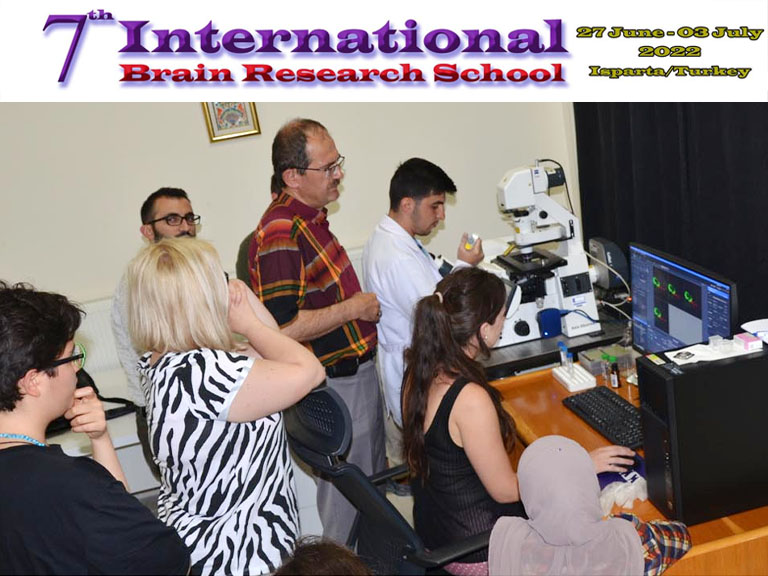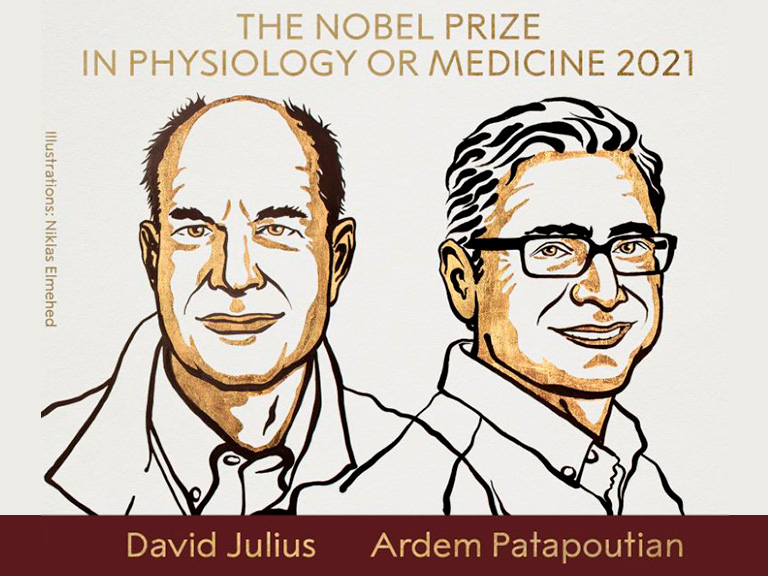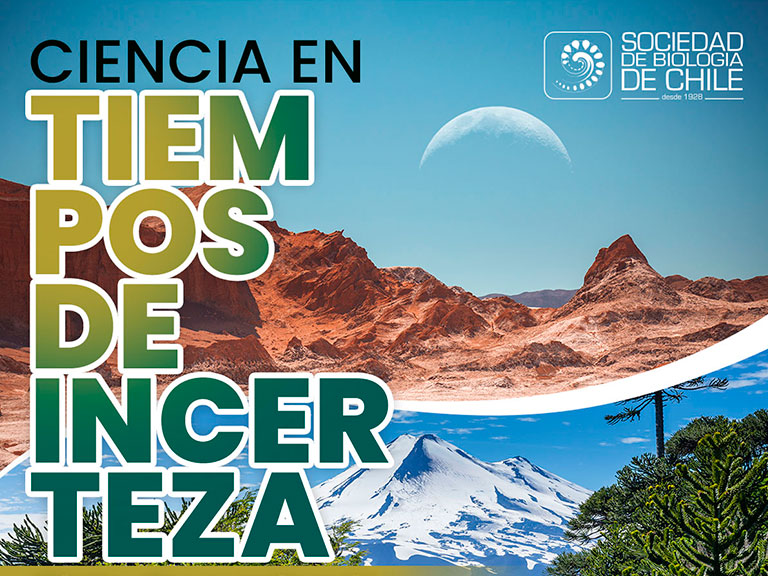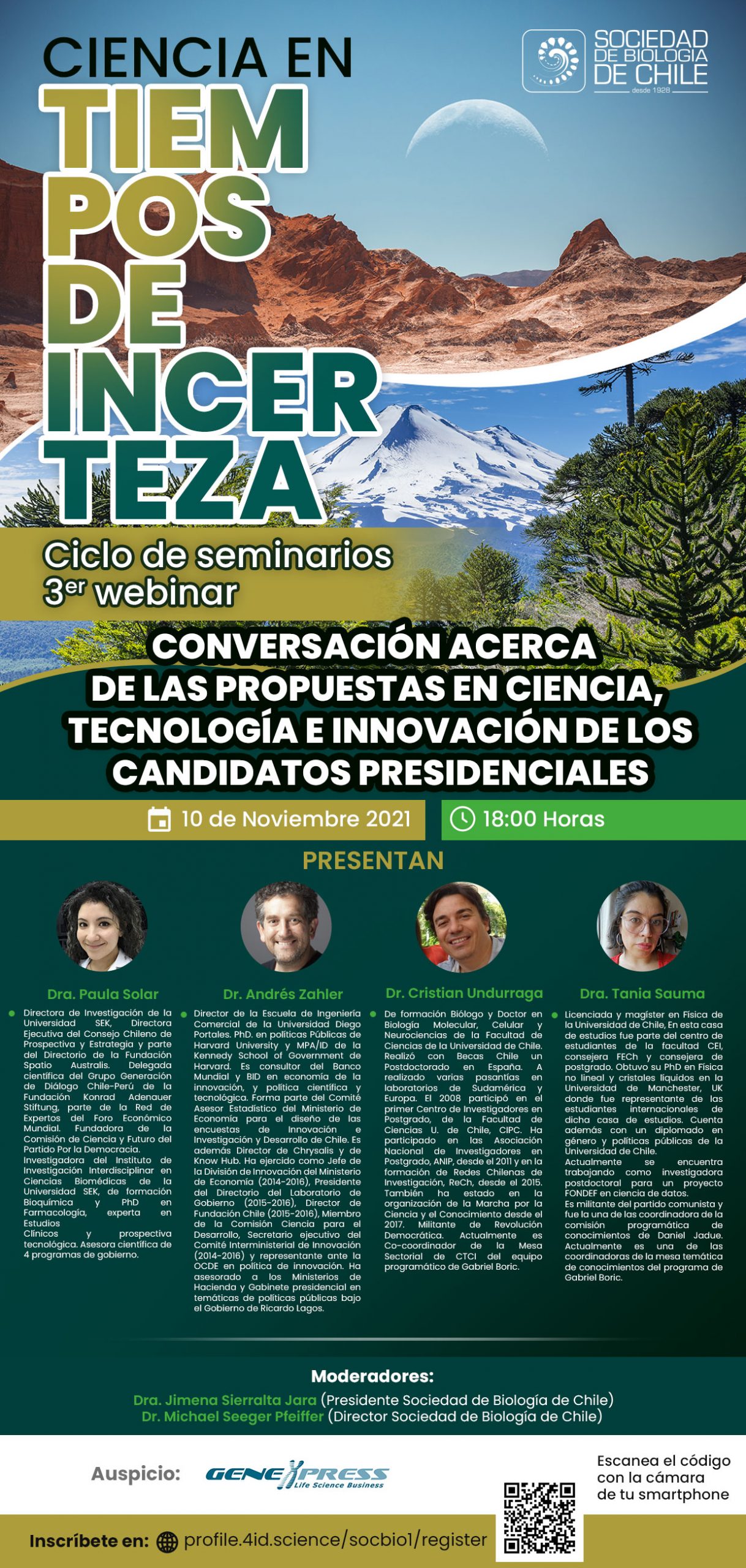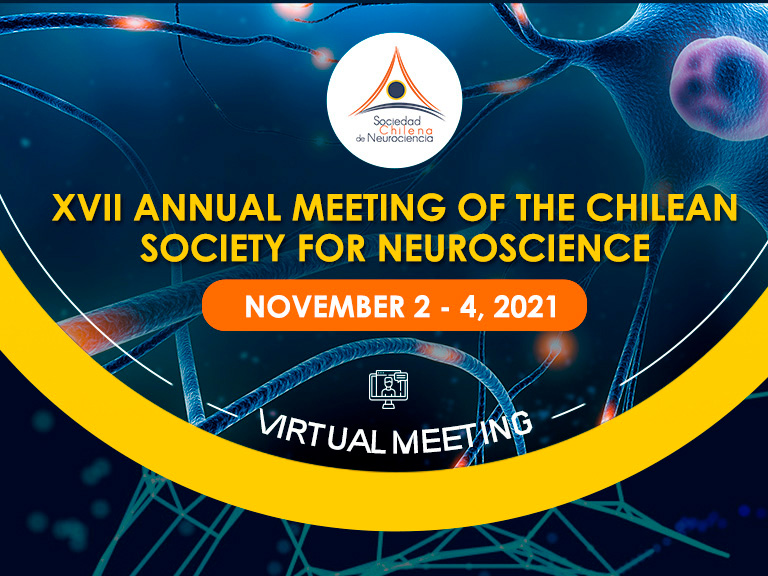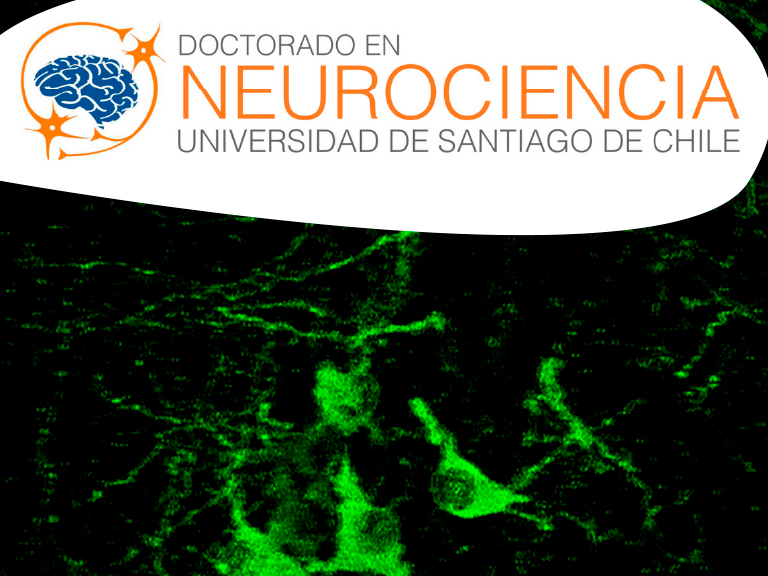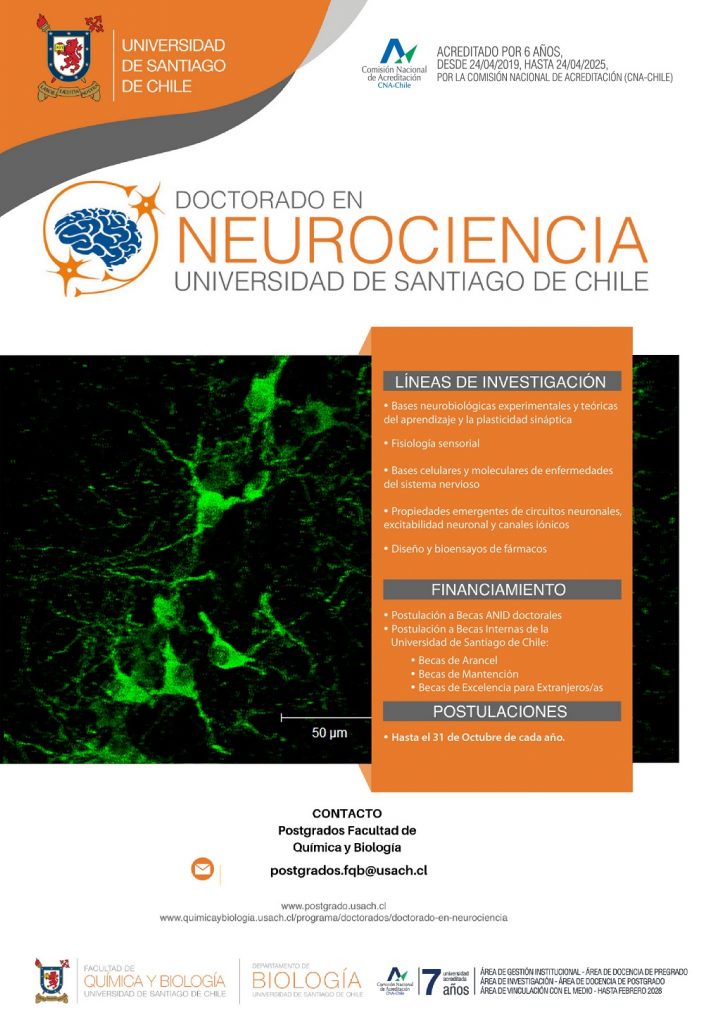Los canales de iones son proteínas que permiten el paso de iones a través de las membranas celulares y cumplen un papel fundamental en una multiplicidad de procesos fisiológicos. Los recientes premios Nobel de Fisiología o Medicina, doctores David Julius y Ardem Patapoutian, fueron galardonados por el descubrimiento de los canales responsables del tacto y la detección de la temperatura.Existen múltiples familias de canales de iones. Los galardonados han hecho una enorme contribución en el campo de los canales TRP, que recibieron su nombre del potencial de receptor transitorio (Transient Receptor Potential) que presentaban los fotorreceptores de una mutante espontánea de la mosca Drosophila melanogaster. El responsable de este fenotipo resultó ser un canal de iones, el primer canal TRP descrito. Hoy sabemos que los canales de la superfamilia TRP tienen un papel central en una amplia variedad de modalidades sensoriales, participando en la transducción de los estímulos térmicos, químicos y mecánicos y también en el dolor agudo y crónico.
Entre sus múltiples aportes al estudio de los canales de iones de la superfamilia TRP, los científicos de origen norteamericano (Dr. Julius) y libanés (Dr. Patapoutian), descubrieron entre otros a un canal de iones de esta superfamilia, llamado TRPM8.
“Los aportes de los Drs. David Julius y Ardem Patapoutian respecto a TRPM8 son variados y muy destacados. Julius y su grupo, en paralelo a Patapoutian y su equipo, clonaron y caracterizaron por primera vez a TRPM8 como un canal de iones que se activaba por frío y por sustancias que generan sensación de frío como el mentol. Ellos encontraron además que este canal se expresaba en un subgrupo particular de neuronas somatosensoriales primarias. Estas neuronas corresponden a los termorreceptores de frío, que son las neuronas encargadas de detectar y luego transmitir en forma de impulsos nerviosos los descensos de la temperatura. Su trabajo posterior contribuyó a determinar, entre otros, qué partes de la proteína son necesarias para la acción de sus activadores e inhibidores. Además, estos investigadores desarrollaron ratones knockout del canal, lo que permitió establecer inequívocamente la relevancia de TRPM8 en la transducción del frío inocuo y lesivo en mamíferos. Finalmente, ellos han aportado la mejor herramienta para conocerlos: resolver su estructura. Hoy sabemos que TRPM8 es la principal entidad molecular responsable de la detección del frío en el sistema somatosensorial. De esta manera, el trabajo seminal de ambos investigadores abrió la puerta al entendimiento que hoy, casi 20 años después, tenemos acerca de las bases moleculares y neurales de la detección del frío y de la nocicepción asociadas a la función de este canal de iones polimodal”, explica el Dr. Rodolfo Madrid, Investigador Asociado del Núcleo Milenio de Enfermedades Asociadas a Canales Iónicos, Investigador Asociado del Núcleo Milenio MiNuSPain y académico de la Facultad de Química y Biología de la Universidad de Santiago de Chile.
Esta premiación no solo es un reconocimiento al trabajo de estos investigadores, sino también una puerta a nuevos desafíos en el área del estudio de los canales de iones y su papel en múltiples procesos fisiológicos y fisiopatológicos.
“El premio Nobel en Fisiología o Medicina 2021 para los Drs. David Julius y Ardem Patapoutian, por su aporte al entendimiento de los mecanismos moleculares de la termotransducción y la mecanotransducción, es un reconocimiento muy esperado por la comunidad científica especializada, debido a su enorme contribución en el área de la fisiología sensorial, los canales TRP termosensibles, los canales mecanosensibles y el funcionamiento de las aferentes primarias del sistema somatosensorial. Los desafíos que aún hoy siguen abiertos en la disciplina son enormes, en especial en el estudio de la expresión y regulación funcional de estos canales y su papel no sólo en los mecanismos moleculares de la transducción térmica, química y mecánica, sino también en muchos otros procesos celulares tanto en condiciones fisiológicas como fisiopatológicas. Enfermedades como el cáncer, la hipertensión, la migraña, el dolor crónico y múltiples alteraciones sensoriales, por nombrar algunas, son el resultado del funcionamiento anómalo de los canales que los Drs. Julius y Patapoutian clonaron y caracterizaron. Hoy más que nunca cobra relevancia el legado de los galardonados, gracias a un reconocimiento que no solo ha alegrado a quienes lo recibieron, sino también a todos los que formamos parte de la enorme comunidad de científicos que estudia el papel de estas extraordinarias máquinas moleculares en los sentidos (y mucho más allá)”, finaliza el Dr. Madrid.
Fuente: 4ID/CONGRESS, Todos los derechos reservados. ®
Periodista: Patricio Grunert Alarcón. ®
Para ser reproducida rogamos contactar a: support@4id.cl o comunicaciones@4id.cl
Citar como fuente a: 4ID/CONGRESS ® / Patricio Grunert Alarcón, Todos los derechos reservados. ®
